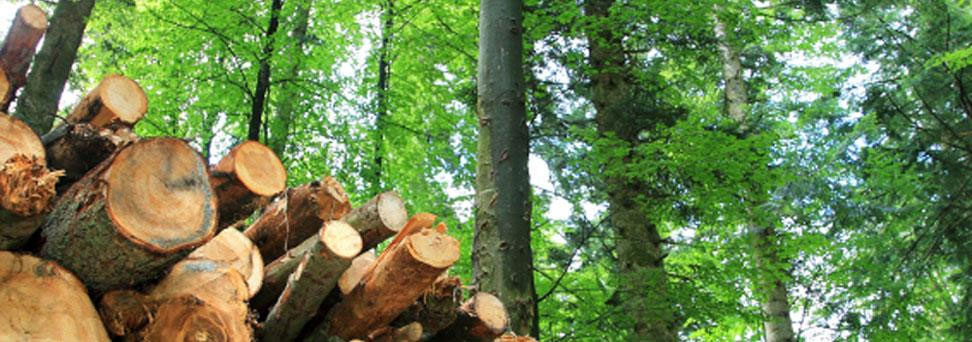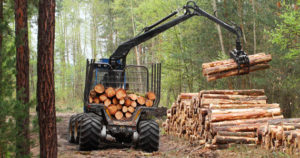- July 18, 2018
- Posted by: saenicsa
- Category: Investments, Publication

Forestry is an important economic segment in various industrial countries. In Nicaragua this is one of the growing economic sectors that is not only being promoted by the government, but is also the beneficiary of various tax incentives.
Some of the more common investments in Nicaragua that are related to the forestry industry are: Forest plantations of commercially valuable timber, rubber plantations, cocoa bean production for export, carbon credits.
Why invest in Forestry?
There is a growing interest worldwide in forestry as an investment due to a combination of its low volatility, relatively risk free status and level of returns achievable.
Investors have been making inroads into the sector long before the recent turbulent ride on the stock market as many consider forestry as an investment that moves away from traditional asset classes.
Forestry has many natural properties such as age, class, species, market and end use which allows flexibility in management to achieve best financial returns. Traditionally it is seen as providing a solid yield, due to its growth rates, with relatively low ongoing capital investment.
Forestry is one of the oldest forms of investment with the diversity of timber products produced now part and parcel of everyday life including timber to build homes, fuel and food packaging. Forestry is considered a real tangible asset, rather than stocks that have many investors quaking in recent days. It also provides a real return to investors from sales of timber.
Nicaragua has a total surface of 130,375 km2 of which 35,000 km2 of it has forestry potential, with approximately more than 19,000 km2 of economically valuable natural forests apt for sustainable management projects. The country has also 18,000 km2 of land suitable for forest timber plantations of species with commercial value, including teak, royal cedar, mahogany, pochote, teak, eucalyptus, melina, among others.
Most of Nicaragua and especially the Atlantic region of Nicaragua is characterized by precipitations between 2,500 and 5,000 mm per year. Therefore the region has great potential for forestry plantations, as well as the cultivation of products such as cacao, African palm, and other biofuel crops.
Specialized Incentives for Forestry Investments
A 50% exemption of the municipal income taxes on the sale and a 50% exemption on the profits derived from the use that the plantations registered before the regulatory entity, National Forestry Institute (INAFOR, initials in Spanish);
Exemption from the payment of property taxes on the areas of the properties where forest plantations have established and the areas where forest management is to be carried out through a Forest Management Plan;
Any company that invests in forest plantations may deduct up to 50% of the amount invested for income tax purposes, as an expense;
Exemption from the payment of duties and taxes on imports, for Second Transformation and Third Transformation companies that import machinery, equipment and accessories that improve their technological level for wood processing, excluding sawmills;
All state institutions must prioritize in their procurement, the procurement of goods made with wood that have the proper forest certification of the National Forestry Institute (INAFOR, initials in Spanish), and can recognize up to 5% in the price difference within the tender for purchases; and
 Taxpayers may deduct up to one 100% of the income tax payment when it is destined to be used for the promotion of reforestation or creation of forest plantations. For the purposes of this deduction, the taxpayer must present promotional plan before the National Forestry Institute (INAFOR, initials in Spanish).
Taxpayers may deduct up to one 100% of the income tax payment when it is destined to be used for the promotion of reforestation or creation of forest plantations. For the purposes of this deduction, the taxpayer must present promotional plan before the National Forestry Institute (INAFOR, initials in Spanish).
The sale of insecticides, pesticides, fungicides, herbicides, defoliants, fertilizers, fertilizers, seeds and biotechnology products for agricultural or forestry use, will be exonerated from VAT (Value Added Tax), which is an indirect consumption tax – lowering maturation costs.
Also, the Lease of land, machinery or equipment forestry use is also exonerated from VAT (Value Added Tax)




